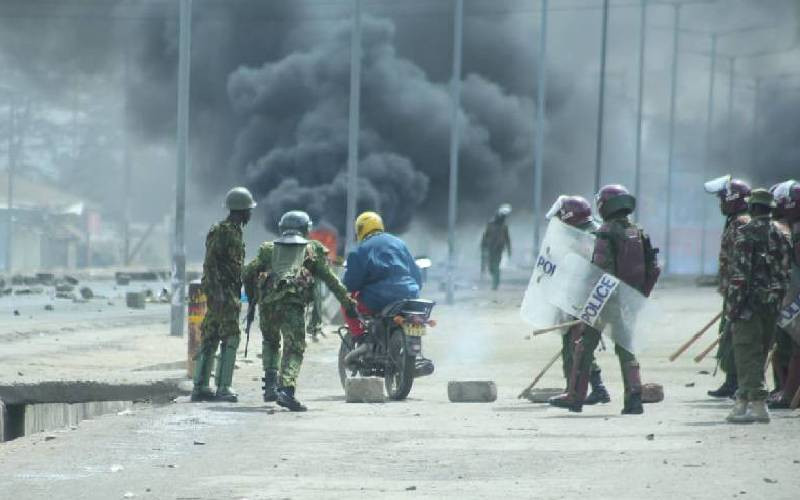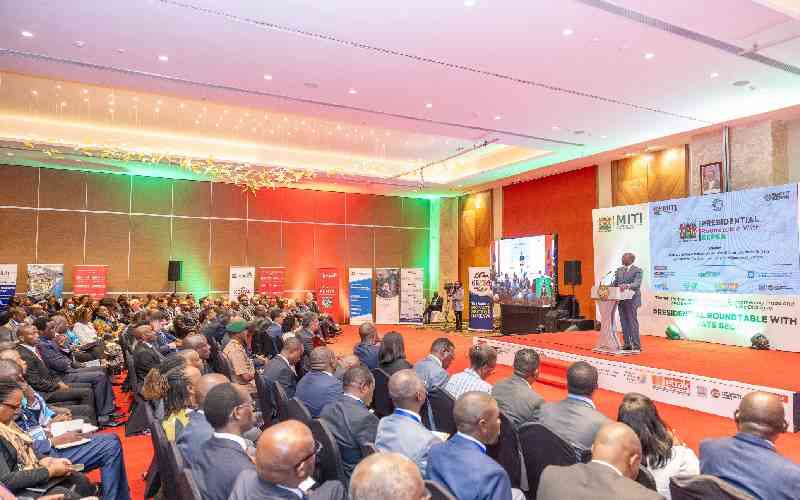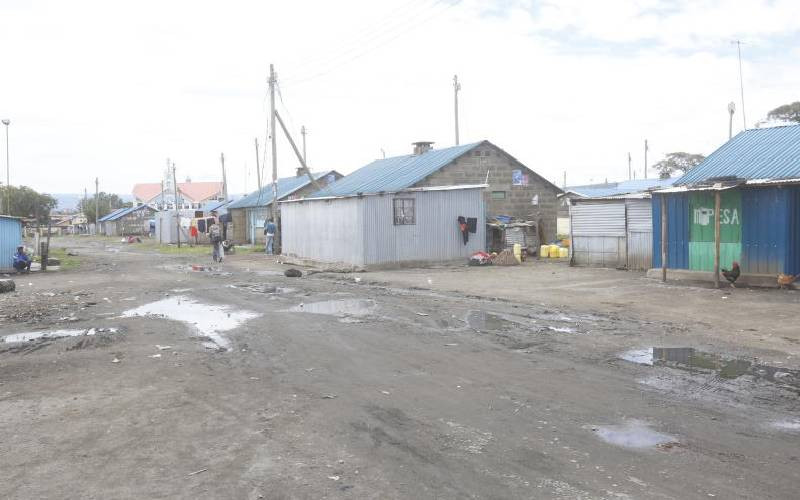
July 20 was pivotal day in the history of the world. It was the date of birth of Frantz Fanon, the revolutionary Martiniquian psychologist who chronicled the psychology of post-colonial people’s in classic texts including Wretched of the Earth and Black Skin, White Masks. He is perhaps most known for his quote: “Each generation must discover its mission, fulfill it or betray it, in relative opacity.”
In his work, Fanon dealt with how unhealed trauma acted as a block for post-colonial people’s transformation. Black rulers, taking after the white colonialists, became the new vampire elites, extracting from and exploiting, rather than nurturing their populaces. Kenya, and the bulk of its African compatriots, is stuck in a situation where cultures of self-sabotage and failure are normalised, rather than victory and triumph.
Living in self-sabotage leads one to an existence of victimhood and quiet desperation. More than a century after African resistance movements begun clanging the cymbals for independence, African people still live as the wretched of the earth, the mass of citizens in urban centres crouching in paper houses in muddy slums.
Wallowing in the crowded, smelly swamp of mediocrity is what has been normalised as a culture, rather than climbing to the mountain top where fresh air, clean water, and acres of space are to be found. This happens on an individual level as well as on a societal level.
Self-sabotage can be defined as acting against one’s best interests, acting in a manner counterproductive to one’s stated aims and goals. To self-sabotage is indicative of a level of development; even if low level. It means that one is at the level of consciousness of their agency, one is at the level where they recognise their wants, needs and aspirations, one is aware that they are capable of better. Self-sabotage can be judged from the size, length, breadth and weight of one’s stated mission.
Learned helplessness (like the elephant tied to a stump when young and remaining at the spot when old, unaware of its power) is different from self-sabotage, in that the entity involved has been socialized out of their power. Also different from self-sabotage is hapless ignorance, where one is unaware of the possibility of better and thus passive about their circumstances.
Sabotage comes in the form of socialised patterns tying one to the matrix. The matrix does not want to let you go, it wants you to remain eternally in its arms.
Sabotage and self-sabotage are different. Sabotage is the gravitational pull of one’s environment holding them to the ground, refusing to let them go. Self-sabotage is cutting off one’s own wings mid-flight. It is wilfully flying into a storm rather than taking shelter behind mountains and returning to the skies when they are clear.
You know that you are self-sabotaging when you are constantly complaining about something but not taking action. Or when you find yourself in the same recurrent fights with different people. Or constantly procrastinating, people pleasing, falling into depression, abusing substances, and engaging in other forms of escapism and avoidance. Self-sabotage is ultimately about remaining in a comfort zone of mediocrity.
One of the ways self-sabotage has been apparent in the Kenyan space has been in the historical hands-off approach to politics by the middle class, a circumstance that changed in 2024, with the Gen Z protests.
Normalised corruption is a sign of self-sabotage. Political assassinations are heart-wrenching self-sabotage. Also low level behaviours of questionable integrity such as theft, infidelity and dishonesty. Impunity by political and security systems is high level self-sabotage as these institutions uphold the boundaries of culture and values.
The daily cry of ‘naomba serikali’ is not self-sabotage, it is a mix of learned helplessness and genuine ignorance. When not addressed with civic education and individual empowerment programs, they do become a weak link in the governance chain, and end up contributing to political self-sabotage.
Patterns of self-sabotage are healed by awareness. Awareness of where the impulse to self-sabotage arises from, and awareness of the particular flavour of self-sabotage one habitually indulges in. Listing these down will enable accountability.
At the core of it however, is simply deciding. One has to get so sick and tired with their way of living that they would rather die than continue on the same road. This is what Singapore did. Because Lee Kuan Yew was not equivocal about his mission, his country rose to new ground.
Healing is already happening. Many that were in the gutter, have been gathering to look at stars (borrowing from Oscar Wilde). It is a momentous time. Before we know it, this continually sabotaged cocoon called Kenya, will be a butterfly in the skies.
Stay informed. Subscribe to our newsletter







